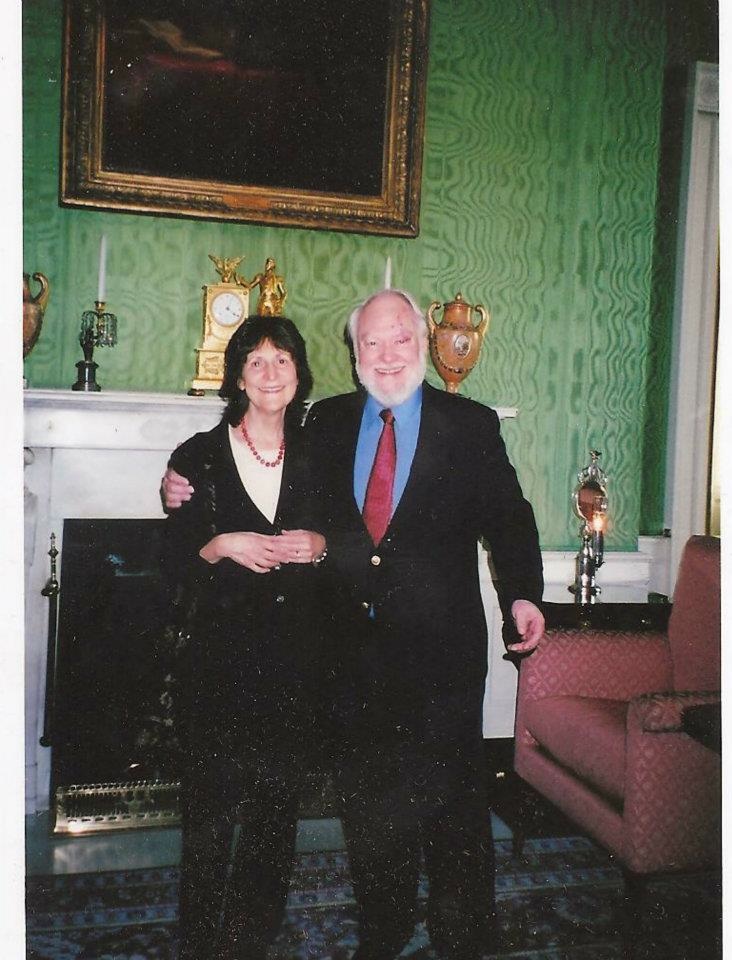Abigail and I wanted to get married and the only window of opportunity was semester break. We learned at the end of December that the law required a thirty-day waiting period, making the timing almost impossible. The only practical thing was to “elope.” No announcements, no visiting family, a two-day honeymoon in Annapolis. We would have a simple interreligious wedding with a rabbi and a priest (my own family background was Protestant, but he was a friend from my grad school days) and the mandatory two witnesses. We barely managed to reserve the chapel in time and, when we arrived, almost late, a very serious young man guarding the entrance refused to let us in. “We’re here to be married,” I explained, thinking our wedding finery would speak for itself. “Yeah, likely story,” his eyes said. “It’s the old dressed-up-like-a-bride scam.” Finally, we persuaded him that we were not disguised Visigoths, and he let us pass.
To us, the ceremony was not just the last step of a legal process. It was important to be married “before God.” His presence was required. Yet it all seemed so slap-dash that I actually worried that God might not be present, but I was told,
You couldn’t keep me away! My presence will be fully with you. I bless this marriage above all others (no other more than this one). I will be present in every pore of your (plural) being. Just show an open and humble heart, and I will be there lodged within it.
(At the time I hear the voice, I also get a sense of what the words mean, and show that sense in parentheses.) It was a simple and beautiful ceremony, and we did feel blessed.
